Description
William Matulich – 2-Day Motivational Interviewing Experiential Conference: Mastering the Language of Change in Critical Client Conversations
Description
- Learn by doing! Practice MI skills and add them to your clinical toolbox
- Improve treatment outcomes by inspiring client’s own motivation to change
- Combine MI with other treatment modalities
- Apply MI skills in any situation requiring change!
Participate in this intensive conference and get the latest Motivational Interviewing (MI) techniques by MI founders Drs. Bill Miller and Stephen Rollnick. Join experienced MI trainer, William Matulich, Ph.D., member of the International Motivational Interviewing Network of Trainers (MINT) and learn how to integrate MI skills into your practice.
MI is proven to be effective for common clinical problems such as addiction, anxiety, depression, dual diagnosis (substance abuse), externalizing problems in adults, disruptive behavior disorders in youth, unhealthy lifestyle choices and other self-defeating behaviors.
MI provides a structure that gives responsibility back to the client for change, relieving you of that assumed “burden.” Once your clients make a commitment for change, you will be more successful in providing support and improving treatment outcomes.
During this conference, you will learn the critical skills and processes that make MI more accessible and useful in your everyday clinical practice.
Dr. Matulich will use demonstrations, case examples, role-plays and more to teach you the essential MI skills that your clinical practice is missing to help your clients change.
MI Defined
- A conversation about change
- Person-centered approach
- Goal-oriented approach
- Honors client autonomy
- Research behind effectiveness of MI
The “Transtheoretical” Model of Change
- Six stages of change
- Assessing client stage of change
Theories of Motivation
- Needs theory
- Self-determination theory
- Reactance and Self-perception theory
- Myths
- Extrinsic vs. intrinsic motivation
Put it into Practice: Avoid Directing
- Being the expert
- Direct the client
The “Righting Reflex”
- Counterproductive for MI
- A natural counselor response/reflex
Put it into Practice: A Taste of MI
- Seven questions to generate motivation
The Spirit of MI – PACE
- Partnership
- Acceptance
- Compassion
- Evocation
Importance of Empathy
- Required for engagement
The Four Processes of MI
- Engage
- Focus
- Evoke
- Plan
Using OARS – Critical Skill Building
- Open questions
- Affirmations
- Reflections
- Summarizations
- Put it into practice: Forming reflections/ feedback and reflective listening
Complex Reflections
- Double-sided reflections
- Reflecting Feeling
- Using metaphor
- Put it into practice: Complex reflections
Open Questions
- Cannot be answered with “yes” or “no”
- Opens the conversation
- Empowers the client
- Put it into practice: Change closed to open questions
Affirmations
- Reflect something positive
- Builds a sense of self-efficacy
Summaries
- Long reflections of client statements
- Strategic use of summaries
Demonstration of MI Skills
- Code example using OARS observer sheet
- Discussion/Questions
Change Talk
- Client speech that favors motivation
- Types of Change Talk: Desire, ability, reason, need, commitment, activation, taking steps (DARN-CAT)
- Put it into practice: Recognizing and responding to change talk
Practical Strategies-Creating Movement
- Open questions that generate change talk
- Readiness rulers and follow-up questions
- When to use the Decisional Balance
- Exploring values and goals
Resistance vs. Discord
- Social interaction theory of resistance
- Ways to handle discord or “resistant” clients
Giving Information and/or Advice
- With permission
- Elicit-Provide-Elicit
- Menu of options
- Put it into practice: Agenda setting and prioritizing
Consolidate Commitment
- Recapitulation summary
- Key question
- SMART goal setting
Incorporate with Other Treatment Methods
- CBT and more
Put all the MI Skills Together
- Demonstration
- Participant coding
- Strategic planning
- Skills practice with observer feedback
More information about Medical:
Medicine is the science and practice of establishing the diagnosis, prognosis, treatment, and prevention of disease.
Medicine encompasses a variety of health care practices evolved to maintain and restore health by the prevention and treatment of illness.
Contemporary medicine applies biomedical sciences, biomedical research, genetics, and medical technology to diagnose, treat, and prevent injury and disease,
typically through pharmaceuticals or surgery, but also through therapies as diverse as psychotherapy, external splints and traction, medical devices, biologics, and ionizing radiation, amongst others.
Medicine has been around for thousands of years, during most of which it was an art (an area of skill and knowledge) frequently having connections to the religious and
philosophical beliefs of local culture. For example, a medicine man would apply herbs and say prayers for healing, or an ancient philosopher and physician would apply bloodletting according to the theories of humorism.
In recent centuries, since the advent of modern science, most medicine has become a combination of art and science (both basic and applied, under the umbrella of medical science).
While stitching technique for sutures is an art learned through practice, the knowledge of what happens at the cellular and molecular level in the tissues being stitched arises through science.
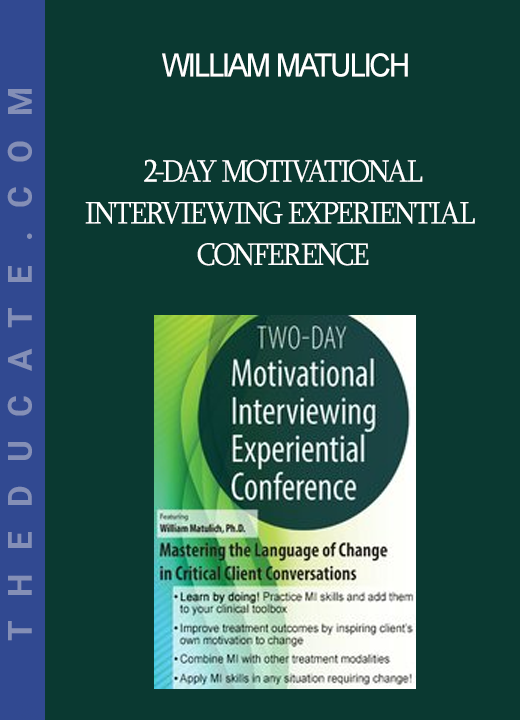


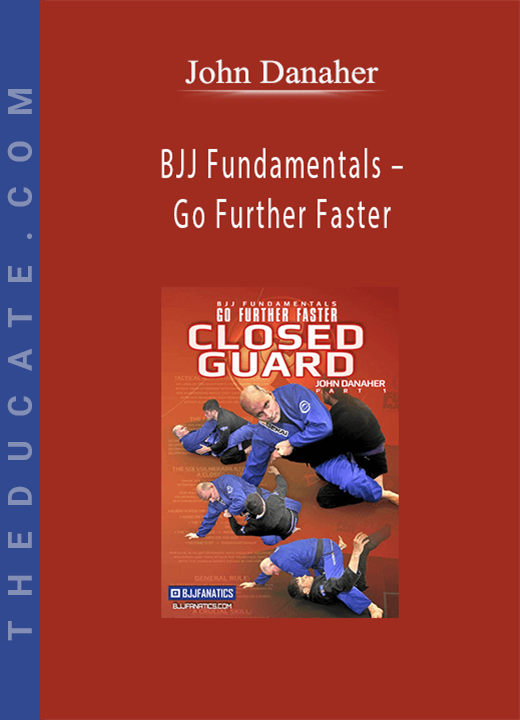
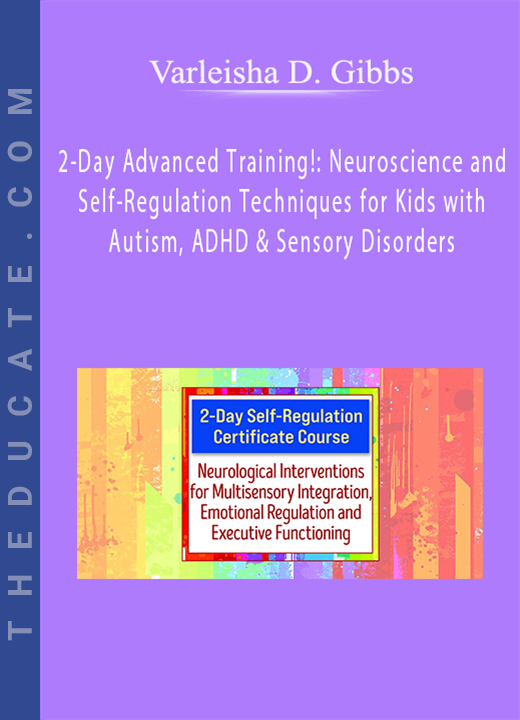
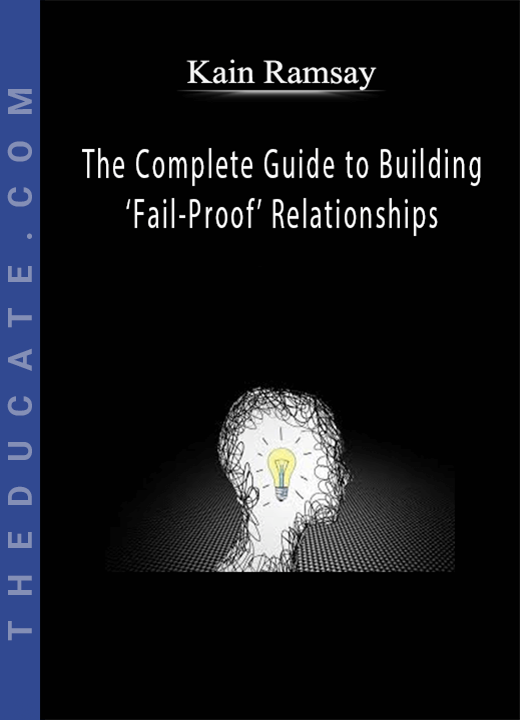
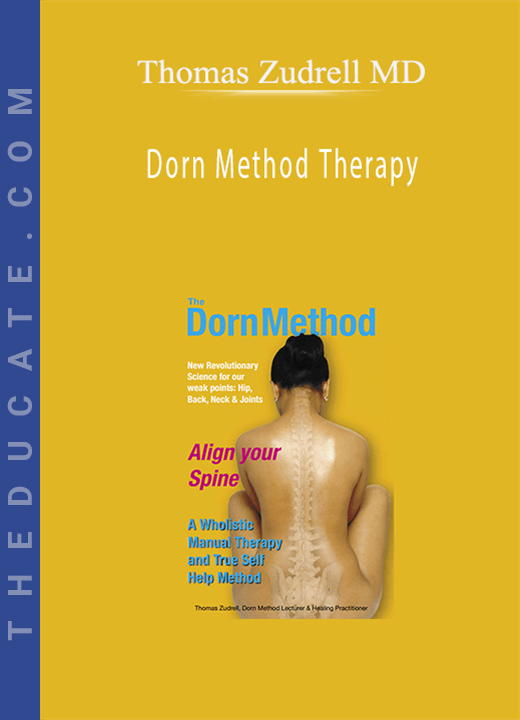
Reviews
There are no reviews yet.